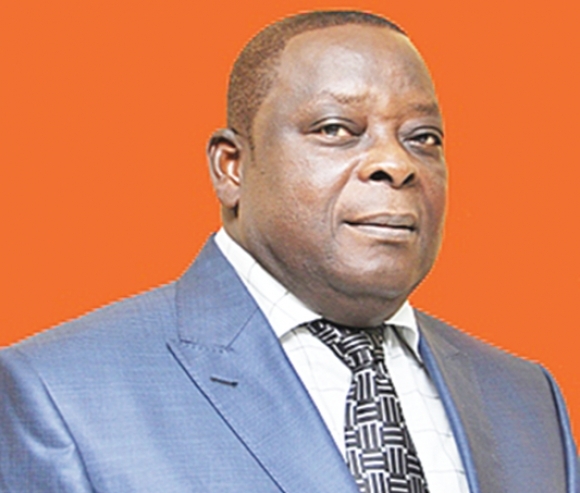
The Industrial and Labour Division of the Accra High Court has granted an interlocutory injunction restraining nine unions from continuing with their indefinite strike over issues concerning their tier-two pension funds.
Justice Saed Kwaku Gyan, a Court of Appeal judge sitting with additional responsibility as a High Court judge, has, therefore, directed the leadership of the unions to ensure an immediate end to the indefinite strike and return to work with their respective members.
Affected unions
The effected unions are the Health Services Workers Union (HSWU), Ghana Registered Nurses Association (GRNA), Ghana Medical Association (GMA), Ghana Physician Assistants Association (GPAA), and the Ghana Pharmacists Association(GPA).
The others are the Ghana Association of Certified Registered Anaesthetists (GACRA), the Ghana National Association of Teachers (GNAT), the Teachers and Educational Workers Union (TEWU) and the National Association of Graduate Teachers (NAGRAT).
“This order of interlocutory injunction is to take immediate effect and shall remain in force for a period of eight days or until a further order of this court,” the court said.
The court also directed the plaintiff/applicant, which in this case is the Attorney General, to file a fresh motion of notice for interlocutory injunction and serve it on all the defendants/respondents — the unions.
“All efforts should be made to immediately or promptly serve all the defendants/respondents with the writ and statement of claim filed by the plaintiff/applicant herein, namely, suit number INDL/6/15 dated 24th day of October, 2014.”
According to the court, the defendants/respondents affected by the instant order of interlocutory injunction may if they so wish within the period of eight days provided in the order apply to the court to vacate the order.
“In view of the urgency and delicacy of the issues raised in the substantive suit, all parties are hereby encouraged to cooperate to facilitate the early determination of all the issues in controversy in the said case in the ultimate and best interest of Ghana as a nation,” the court said.
The court, however, enjoined all the parties and stakeholders in the case to exercise maximum restraint and decorum to ensure that the peace, stability and well-being of the nation is assured for the benefit of all.
The issues
About 12 labour unions are currently on an indefinite strike in protest against the government’s decision not to allow them to manage their tier-two pension funds.
Under the new pension law, the National Pensions Act, 2008 (Act 766), the Social Security and National Insurance Trust (SSNIT) gets 13.5 per cent from contributors, while five per cent goes to the second-tier operators to be managed by corporate trustees on behalf of contributors — employees of public and private institutions.
Although the law was passed in 2008, it took effect in 2010, within which it mandated employers to deduct five per cent of their employees’ monthly salaries and pay them into a Temporary Pensions Fund Account (TPFA) at the Bank of Ghana (BoG).
The account was to absorb the contributions in the meantime, while the National Pensions Regulatory Authority (NPRA), which is the regulator of the pension industry, put up the right regulatory framework, license the trustees and register them for actual work to start.
The Minister of Employment and Labour Relations, Mr Haruna Iddrisu, explained recently that the government could not entrust the management of the pension scheme into the hands of the workers’ unions.
The unions have, however, vowed to call off their strike only if the government released the money that had accrued from their tier-two pension fund into their various schemes.
The Attorney-General, on October 24, 2014, sued the workers on behalf of the government, asking the Accra High Court to declare the indefinite strike illegal.
A statement of claim accompanying the suit prayed the court for an order to compel the unions to call off the strike and resume work.




